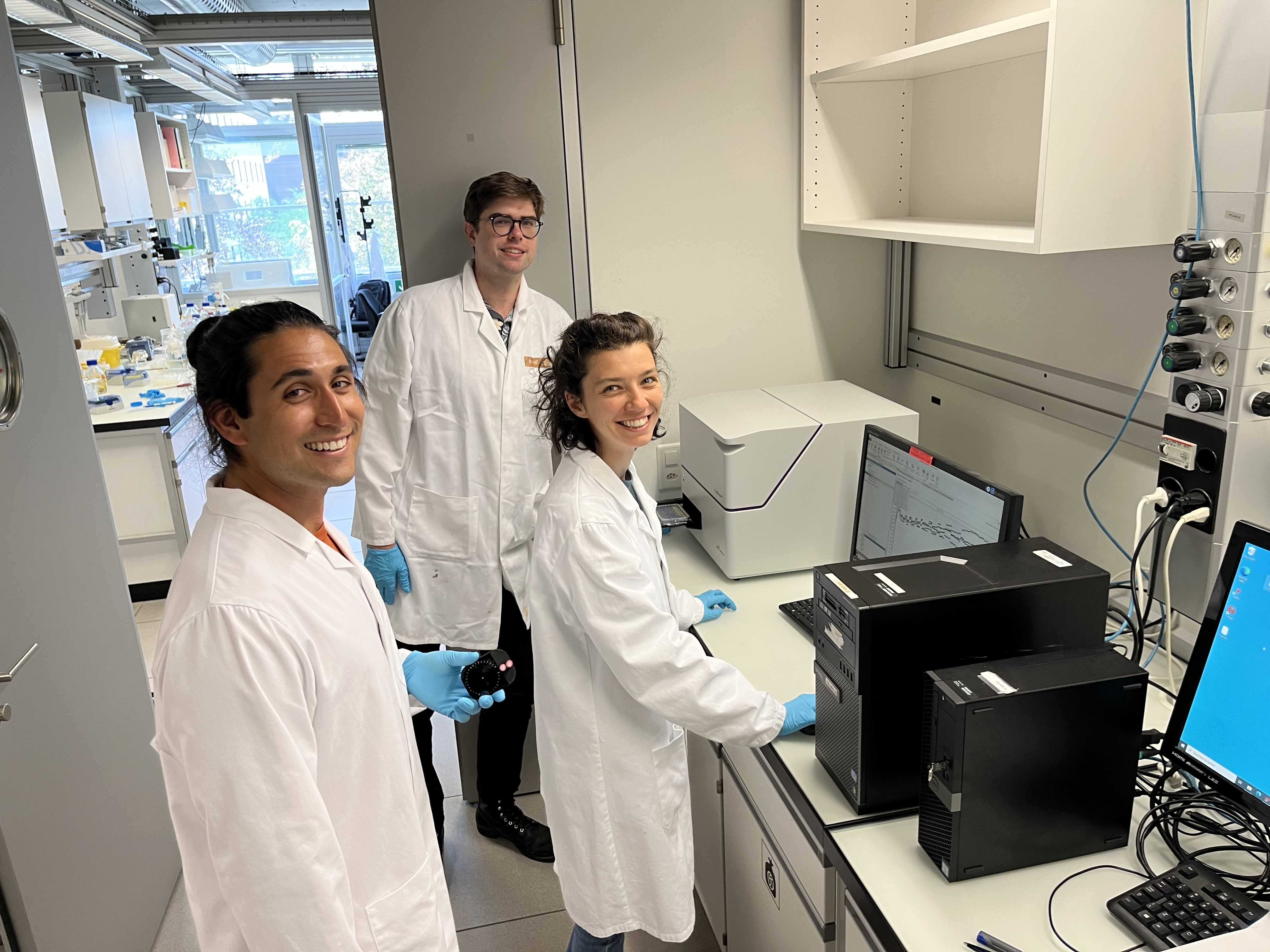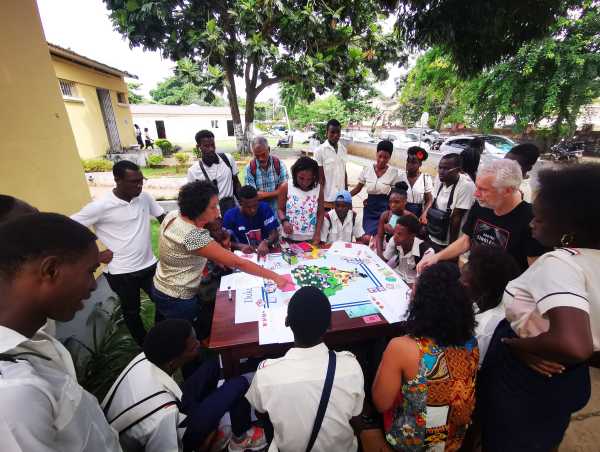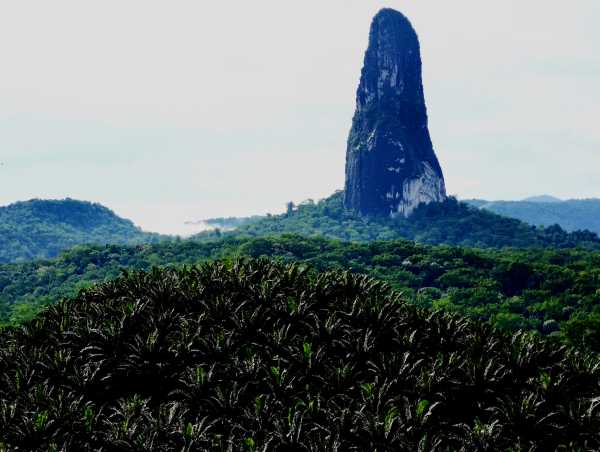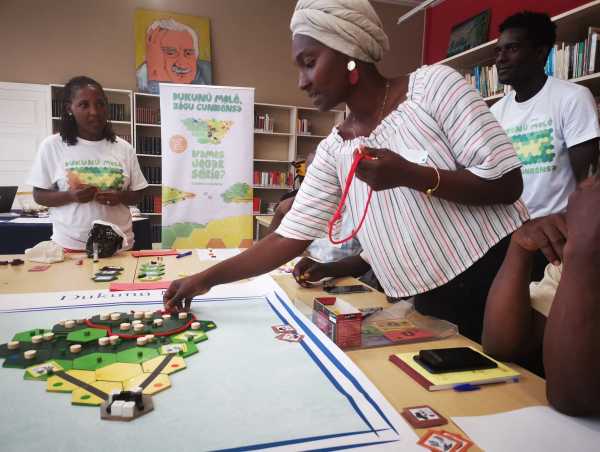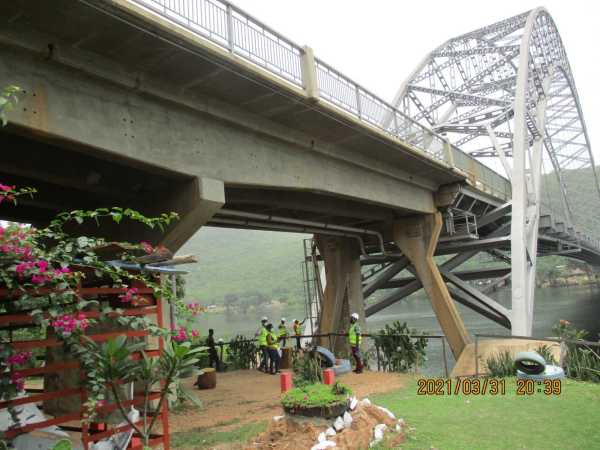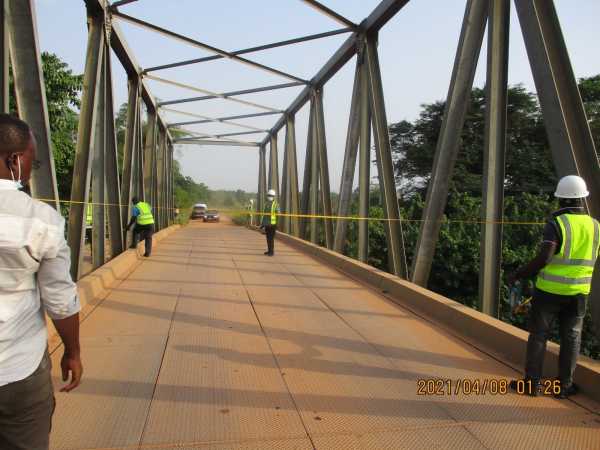«Serious Games and Forum Theatre as Catalysts for Inclusive & Participatory Green Transition»
Contact: Anne Giger Dray
Institute of Terrestrial Ecosystems (D-USYS)
Focus Country: São Tomé and Príncipe
The archipelago country of São Tomé and Príncipe is recognised as one of the most interesting biodiversity hotspots in the Gulf of Guinea, with a large percentage of endemism. However, the country faces significant threats to its unique Natural Capital due to poor environmental governance and resource depletion, associated with population growth. external page BirdLife International, in collaboration with external page LEAF Inspiring Change, ETH, and external page CIRAD, has developed a serious game prototype named "Dukunu Mole" to explore alternative development pathways for Natural Resources & Land Use management in São Tomé. The game was tested with different groups, refined, and recalibrated through several iterations based on players’ feedback, and validated.
The Seed Project aims to upscale the game's use and mainstream its adoption to foster awareness, dialogue, and policies around biodiversity conservation. We aim to disseminate the approach within diverse arenas: youth & students, policy makers, other islands population and larger audience. To do so, we combine the approach with Forum Theatre to overcome the attendance limitations within a given game session and reach for larger numbers in a single setting. The impact of the project streamlines the Serious Game and Forum Theatre approaches as part of BirdLife's engagement activities with communities and stakeholders, integrating the tools into environmental curricula at various educational levels, and creating a change in narrative on the current topic of biodiversity conservation.
